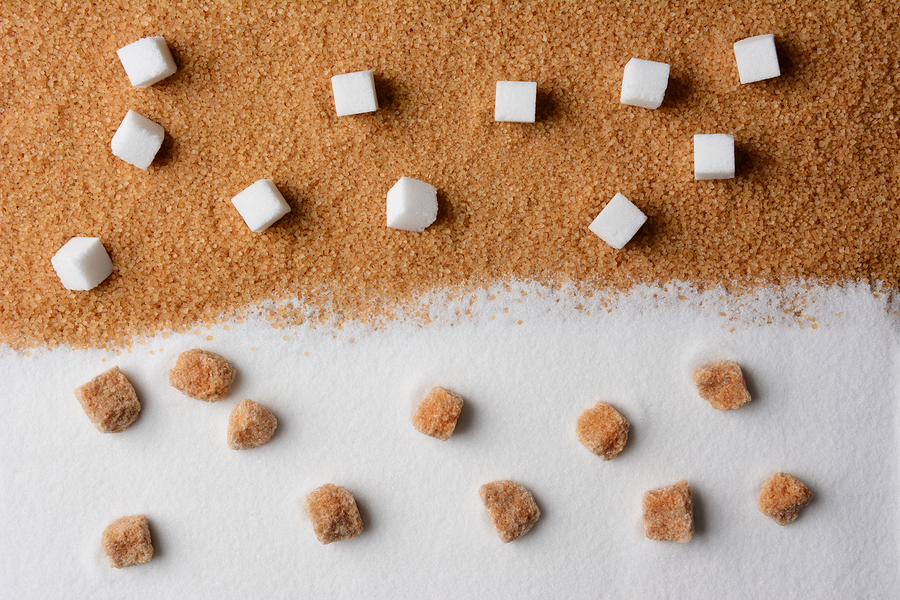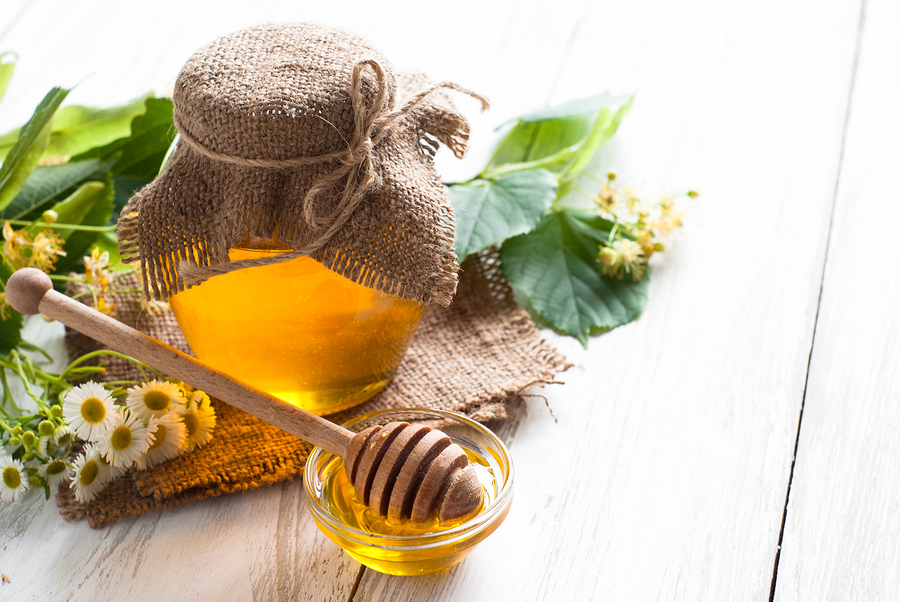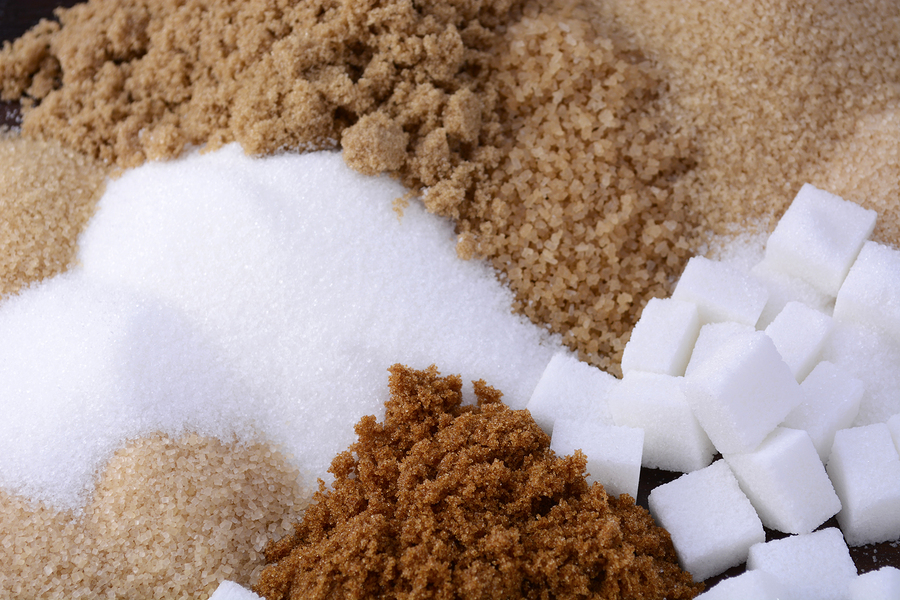- Make It Yourself Lavender Heart-Shaped Bath Bombs!
- 20 Things You Never Knew About “Down There”
- 12 Best Foods For Those Suffering From Arthritis Pain
- 12 Personal Hygiene Mistakes Almost Everyone Makes (Mom Never Told You About #4!)
- 15 Medicinal Plants And Herbs From The Cherokee People
- 12 Mind-Blowing Benefits Of Drinking Coconut Water During Pregnancy
- 12 Outstanding Winter Foods That Won’t Fatten You Up Like A Christmas Turkey
Some Facts About Sugar Which Are Not So Sweet
Nothing good about sugar
Generally speaking, excessive sugar is bad for you, but some sugars are worse than others. It also depends a lot on how you are getting the sugar into your system. Products such as cakes, sodas, sweets, cookies etc, made from refined sugar and flour, are among the very worst items in the modern diet, which can totally wreck your health.
There have been outcries by health experts and practitioners about the dangers of high sugar intake which is known to increase the risks of high blood pressure, high cholesterol, heart disease, obesity, and diabetes. Food manufactures add extra sugar to their products to enhance the flavour, and have to disguise the sugar in their foods by using other words for sugar, so that consumers do not know how much sugar they are actually eating.
Not all sugars are the same
There are 2 basic kinds of sugars, namely natural sugar, and what is known as table sugar. Each works differently in the body, and each has a specific role to play.
Facts about natural sugar
- Natural sugar consists mainly of fructose, and the best source for the diet is from fruit and vegetables.
- Fructose is also often added to various drinks like sodas and fruit-flavoured drinks.
- Fructose is metabolized by the liver, and excess is stored by the body as fat.
- The body breaks down carbohydrates into glucose and fructose in the same way, although fructose is not used for energy. Glucose, also known as blood sugar, is used by the body as its main energy source.
- There is concern that excessive intake of fructose dietary fiber, which is stored as fat in the body, may lead to weight gain and other associated problems.
- Some studies have even indicated that fructose is of no actual use to the body, bar the fact that fruit and vegetables which contain fructose are good sources of fiber for colon health.
Continue to Page 2
Facts about table sugar
- Table sugar is not refined sugar from a bowl used to sweeten your coffee or tea. It is actually sucrose, obtained mostly from sugar cane or sugar beets, as well as being naturally present in some fruits and vegetables.
- Sucrose is most commonly used as a food additive to add flavour and sweetness. However, sucrose is made up of glucose (blood sugar) and 50% fructose, and that is why the amount of additives in food, some of them hidden, can raise your blood sugar and expose you to the risks of high blood sugar.
- A positive fact is that sucrose and glucose can trigger the pancreas to secrete insulin to help deal with the dangers of high blood sugar.
- A major difference between sucrose and fructose is that sucrose also contains glucose, which means that sucrose, like glucose can initiate insulin release.
- Refined sugar is obtained by means of extracts from sugar cane and beets, which are chemically processed to remove all nutrients for unending shelf-life, and easy consumer use. White or brown refined sugar contains absolutely no goodness, except that some manufacturers may add caramel essence to flavour brown sugar.
- The refined version of sugar is high in calories, and is quickly digested, which is why you never feel full after eating foodstuff loaded with refined sugar. This is what can lead to obesity.
- Refined sugar is also very acidic, and in fact almost immediately turns to acid in the stomach, which is why many folk often suffer from acid reflux and indigestion after eating cakes and other high sugar items.
RELATED: Learn What Happens In Your Body After You Stop Eating Sugar Video
Eating less sugar in any form is the key to maintaining good health, and a healthy diet, by making healthy food choices on a continuous basis. You can even treat yourself to a piece of cake or chocolate from time to time.
Continue to Page 3
Natural sweeteners
Natural sweeteners are obtained mainly from plant life, and also from bees the in the form of honey. Although the body metabolizes natural sweeteners in the same way as it does normal sugar, the natural stuff does at least have some nutrients which are of benefit.
Here are some of the natural sweeteners health-conscious folk use as an alternative to sugar.
-
- Honey is rich in antioxidants which helps to combat dangerous free radicals. Studies have also shown that honey can lower the levels of LDL (bad cholesterol) which benefits heart health.
- Maple syrup is thick and sugary, made from the sap of maple trees. It contains minerals and antioxidants.
- Molasses has a syrupy constituency, and is processed from cane sugar, or the juice from sugar beets. Contains vitamins, minerals and antioxidants.
- Yacon syrup, from the yacon plant in South America, is good for sweetening coffee and tea, and adding to breakfast cereals and salad dressings.
- Stevia is natural sweetener extracted from a South American shrub and has no adverse health effects. Research has shown that it is safe to take and is linked to preventing high blood pressure, and may help to lower elevated blood sugar levels. Stevia is rated as one of the most effective sugar alternatives.
READ ON: A Must-See Guide To Candy For All Sugar Lovers Infographic
Although these are natural sugars, they are nevertheless sugars, and should not be eaten in excessive amounts.
Continue to Page 4
Artificial sweeteners
There are many of these sweeteners on the market, and there is a great demand by consumers who want to cut down on sugar intake.
Artificial sweeteners offer the illusion of a sugar-taste without the calories. However, it comes with some negative baggage, and can cause a few health issues.
Some of these sweeteners have a taste that is up to 400 times sweeter than sugar. This is great for the taste buds, which are stealthily being trained to want a greater amount of sweeter foods included in the diet. This may lead to obesity, diabetes, kidney problems, heart disease and more.
Unlike natural sweeteners such as maple syrup and molasses, which contain a certain amount of nutrients, the artificial products are absolutely devoid of any goodness.
Sucralose is the most common artificial sweetener which is used worldwide. It is absolutely calorie free, has no digestive side effects, and because it is stable when heated it can be used in baking and to sweeten cooked foods.
A worldwide epidemic
Sugar consumption, especially refined sugar, and the related products are known to be among the worst killer-foods of this century and has reached global epidemic proportions.
All sugars are dangerous and addictive, and to stay healthy you need to constantly monitor your sugar intake.
Always read the labels of store-bought food products, many of which have high amounts of hidden sugar content, often cleverly described as “energy.”
Avoid any which claim high amounts of so-called energy!!!
References:




































